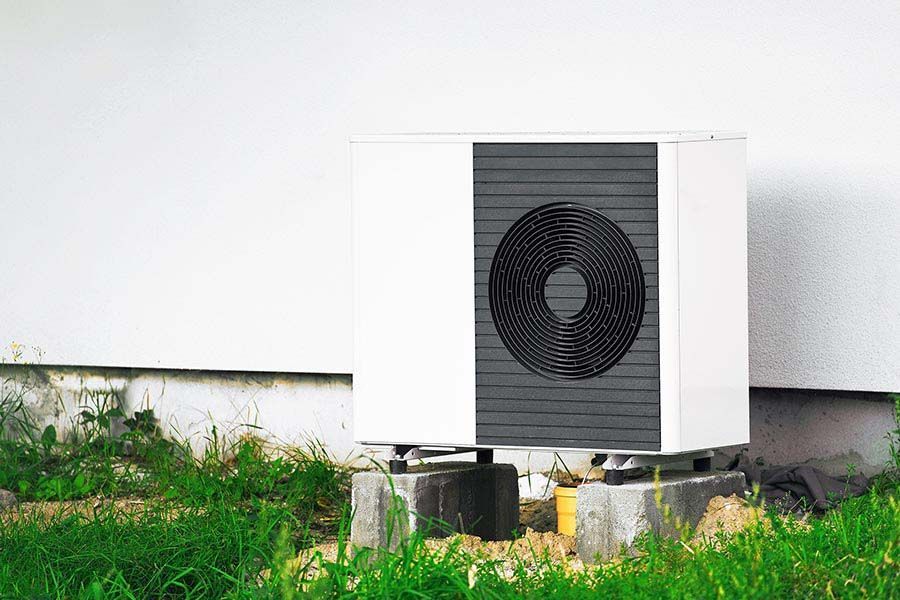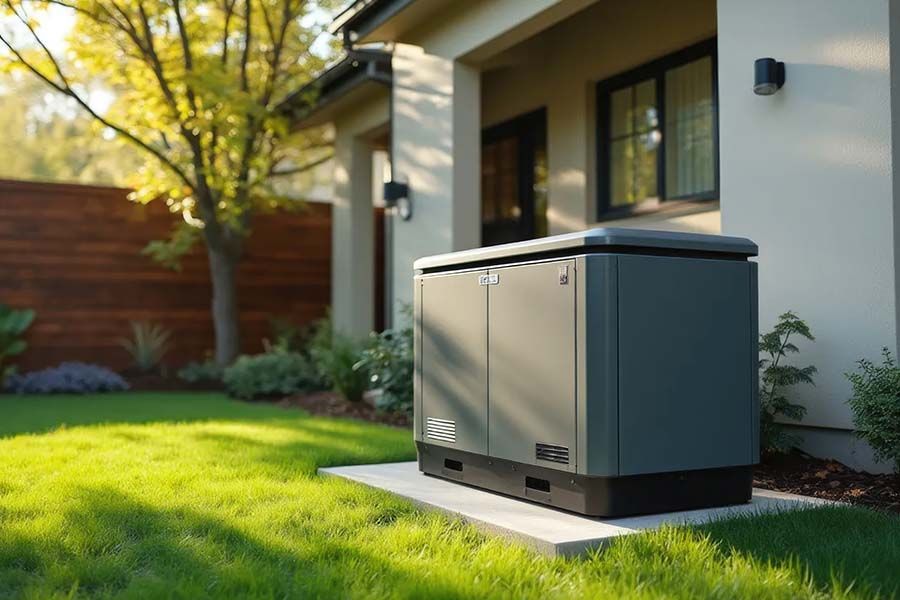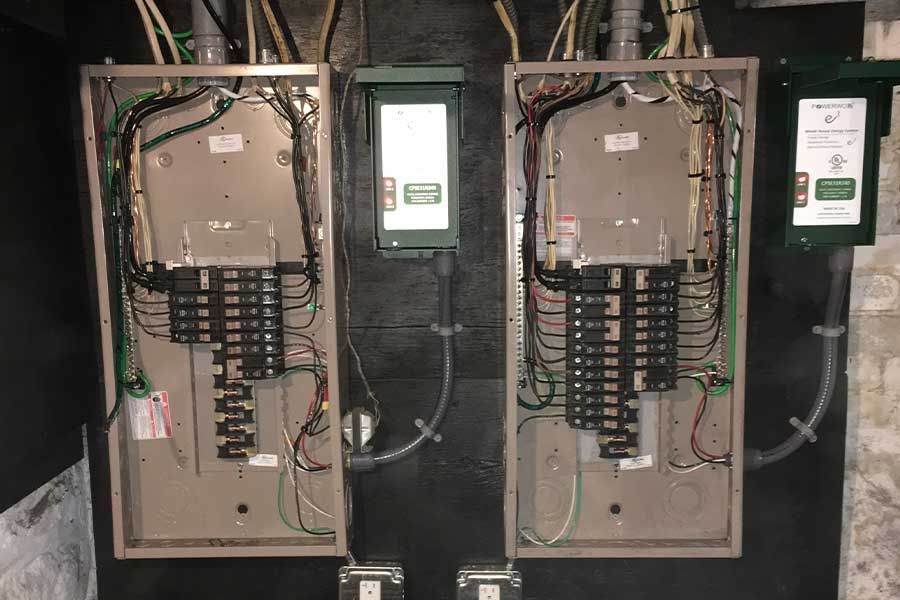Can a Furnace Be Too Big for a House?
Ensure you have the perfect heating system in Southeastern Wisconsin with a Professional Services furnace installation—call to learn more!
How important is the exact size of an HVAC system in your home’s setup? Can a furnace be too big for a house? While many people imagine that bigger is always better, that's not the case for a heating system.
Professional Services is one of the top "furnace repair companies near me" serving Southeastern Wisconsin. Below, these expert HVAC contractors, who specialize in heating system installations, describe the impact that furnace size plays on your system’s heating efficiency.
Oversized and Undersized Furnace: What's the Difference?
For clarity, “furnace size” refers to heating capacity, not the unit's physical size in its casing. Ideally, your perfect furnace will have enough heating capacity to steadily keep your home warm on the coldest days of the year without dramatic spikes in your energy bills.
Houses with undersized heating systems will be warm, but never as warm as you might desire without running it at higher temperatures for long periods. This practice might not seem like a big deal. However, the extra energy consumption can be problematic for your comfort (and budget!).
On the other hand, an oversized furnace will keep your home warm no matter how far outdoor temperatures drop. Of course, the system will quickly heat up your home to uncomfortably hot temperatures. Alternatively, if your home is drafty, the furnace will turn on and off constantly without making the property feel cozy at all.
Signs Your Furnace Is Oversized
Can a furnace be too big for a house? Absolutely. An oversized heating system will be powerful, but it is also inefficient.
Usually, an oversized furnace will run its warming phase without consistently satisfying the property's heating demands. So, if your home's furnace is too big, you may notice the following:
Short Cycling
Short cycling occurs when your HVAC system turns on for a minute or two before shutting down again. Though you can expect your furnace to kick on several times a day in the winter, it shouldn't constantly turn on and off while it is running.
Several furnace problems can cause short cycling, but incorrect unit size stands as one of the most common reasons. The short cycling will also cause your furnace to break down or age prematurely, resulting in the need for a costly HVAC replacement.
Excessive Noise
When a furnace runs correctly without problems, it may produce a gentle hum that’s audible throughout the house. You'll also hear when the system kicks on and notice a similar sound when it shuts down. However, what your furnace shouldn't do is make loud or unusual noises while it’s operating.
Oversized furnaces tend to be louder than appropriately sized ones but they aren’t the only reason for loud noises. It’s best to contact an HVAC technician to diagnose the problem and provide the necessary repairs if you’re noticing unusually loud sounds coming from the furnace.
Mold and Humidity Problems
If your unit is the right size, a 20-minute heat cycle should be enough to dehumidify your home. An oversized furnace will have unreasonably short cycles, which means your home's humidity will increase.
It’s best to fix the problem sooner rather than later—excessive humidity is a major mold risk.
Irregular Temperatures
You'd expect an oversized furnace to produce an excellent heat output. However, when a furnace is too big for a building, it will struggle to maintain the thermostat’s settings.
Its inefficiency and short cycling will cause the unit to heat the property unevenly. Some rooms may feel hot, while others feel unreasonably cold.
High Heating Costs
Your energy bill may rise a bit during the winter when you're using your furnace. Yet, a major spike in energy bills could be a sign that your furnace is working too hard to give you the same results.
In fact, inexplicably high energy bills are among the most telling signs of an oversized furnace. A furnace that is too big will consume a lot of energy to maintain temperatures as it short cycles.
Call Professional Services for Quality Furnace Services
Can a furnace be too big for a house? The answer is yes. Fortunately, you can ensure your home has the right furnace size with help from Professional Services.
These HVAC contractors in Southeastern Wisconsin offer superior HVAC, electrical, and indoor air quality services, giving all our customers the highest caliber of home comfort. Whether you’d like to install a new, appropriately sized heating system or fix a faulty furnace flame sensor, we can help. Call (262) 288-2941 today!
You might also like







